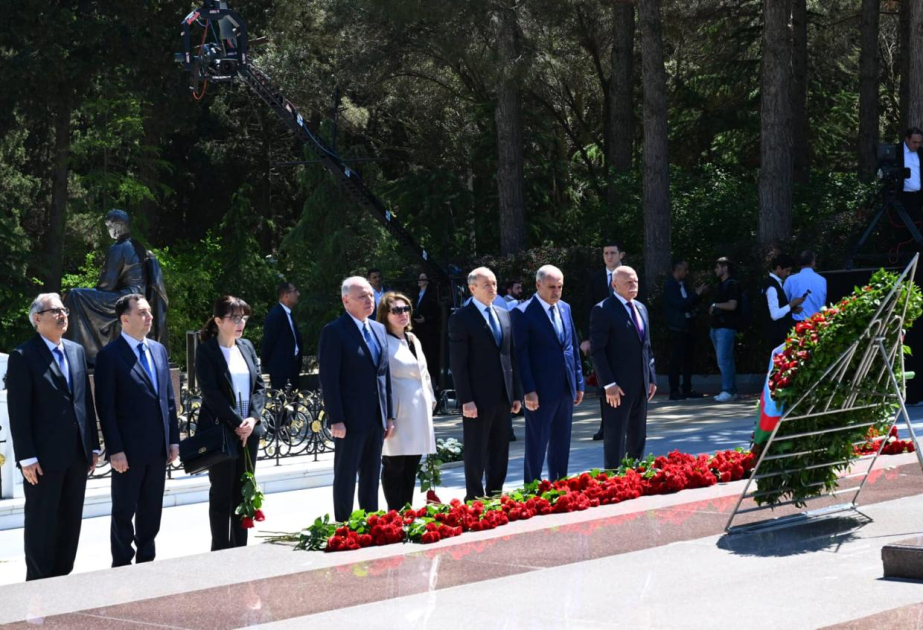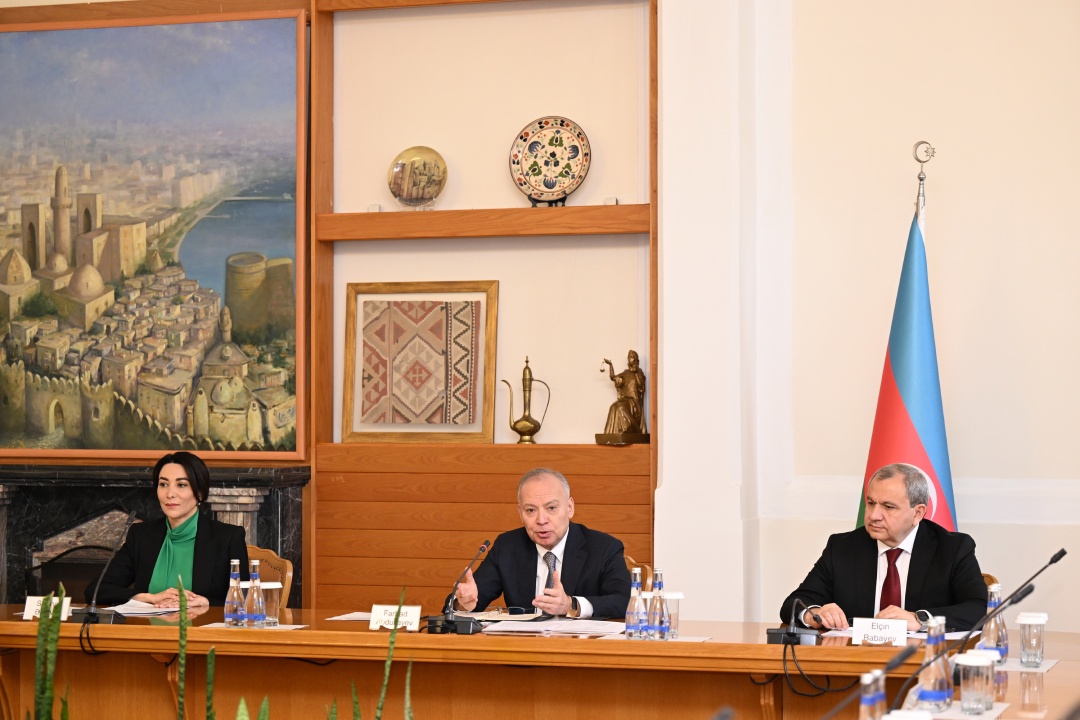20.07.2022
Plenum of the Constitutional Court of the Republic of Azerbaijan, chaired by
Farhad Abdullayev, held a session via the written procedure of
special constitutional proceedings.
At the court session was examined the constitutional
case based on the request submitted by the Court of Appeal of Shirvan
city on related interpretation of Articles 312.4 of the Civil Code of the Republic
of Azerbaijan and 30.1 and 31.1 of the Law of the Republic of Azerbaijan
"On Mortgages".
Having heard the report of Judge İ. Najafov, studied and discussed reports of representatives of interested parties – Judge of the Court of Appeal of Shirvan city N.Mirzayev and Heaf of Department of Economic Legislation of the Milli Majlis (Parliament) M.Bazigov, conclusions of specialist – Supreme Court of the Republic of Azerbaijan, the Central Bank of the Republic of Azerbaijan, the Mortgage and Credit Guarantee Fund of the Republic of Azerbaijan, the Notary Chamber of Azerbaijan, opinion of expert – associate Professor, Doctor of Philosophy in Law, Department of Civil Law, Faculty of Law, Baku State University S.Suleymanli, and associate Professor, Doctor of Philosophy in Law of the same department F.Mirzayeva the Plenum of Constitutional Court of the Republic of Azerbaijan adopted decision.
The decision states that in accordance with the
principle of the inviolability of property rights, Article 312.4 of the Civil
Code of the Republic of Azerbaijan prohibits the agreement that the mortgagee
waives the property rights over the object when concluding a mortgage agreement
between the parties.
Articles 30.1 and 31.1 of the Law of the Republic of
Azerbaijan "On Mortgage" from the point of view of protecting the
property interests of the mortgagee under the mortgage contract and preventing
the threat to the fulfillment of the main obligation determine the invalidity
of the agreement on disposal of the subject of mortgage without the written
consent of the mortgagee.
The mortgagor's decision to refuse to give consent for
the alienation of the subject of the mortgage must be justified and the reasons
for the refusal must be indicated. The mortgagor, in turn, can dispute that
decision in court.
The decision comes
into force from the date of its publication, is final, and may not be
cancelled, changed or officially interpreted by any institution or official.


















